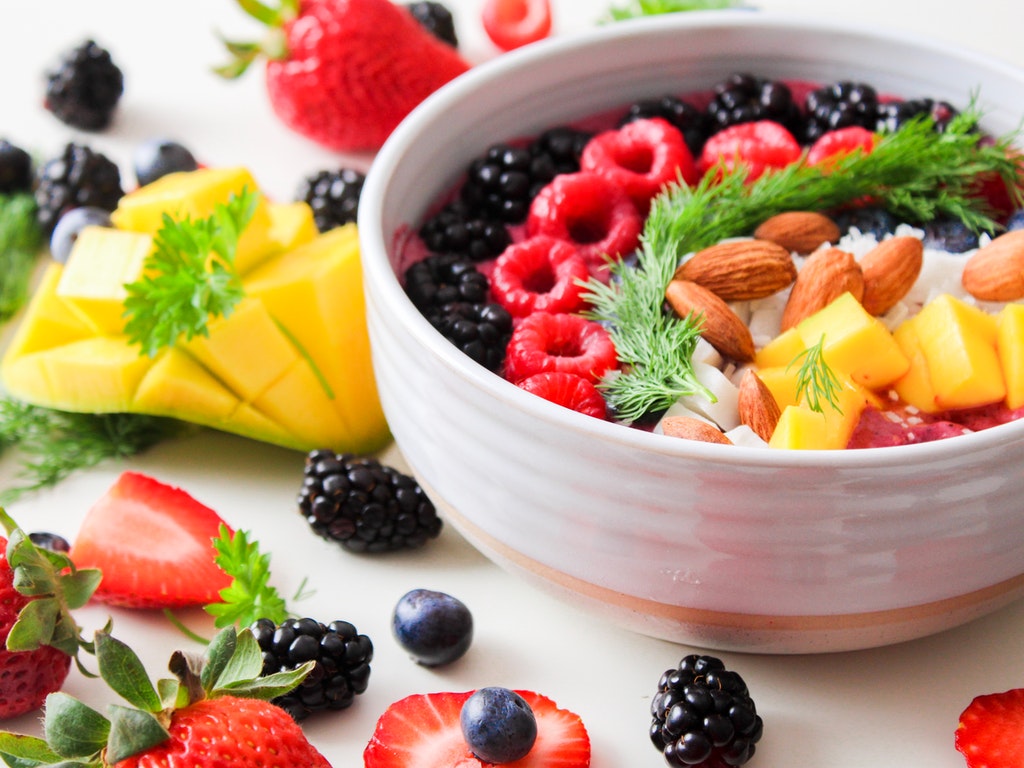Atrial fibrillation is a condition that leads to the heartbeat becoming irregular, resulting in a faster rate than usual. There are several foods that may increase the risk of developing this condition, such as alcohol or caffeine. A diet high in sodium or unhealthy fats can also worsen AFib symptoms.
Here we’ll look at the best way to maintain heart health and discuss foods and tips for an ideal AFib diet.
AFib: Definition
Atrial fibrillation is essentially an arrhythmia that attacks the upper chambers of the heart. This irregular electrical pattern leads to an abnormal heartbeat. The harmful electrical signals can also trigger blood clots and lead to other complications. This disorganized electrical activity of the heart increases the risk for stroke, blood clots, and congestive heart failure.
Risk Factors
Risk factors of AFib include being overweight, smoking, high blood pressure, or having a family history of AFib. Some people with these conditions may not feel any symptoms until they reach an elevated level. Symptoms usually also include high blood pressure, chest pain, a rapid or abnormal heartbeat that is described as fluttering or pounding.
Ideal Diet
The best AFib diets recommend whole, plant-based foods. Studies show that this combination of fruits, vegetables, and whole grains can decrease obesity and hypertension as well as reduce the risk of worsening rhythm disturbances due to chronic (long-term) heart failure (CHF). Increasing intake of such foods can lower one’s cholesterol.
- The best AFib diets are based upon recommendations from the American Heart Association, which says to limit added fat and cholesterol while increasing complex carbohydrates and whole grains. Best foods include vegetables, whole grains, fruit, legumes (beans and peas), olive oil, fish, chicken and turkey, nuts, seeds, and eggs.
- Avoid highly processed meats or fats-the so-called bad fats. Finally, choose unsaturated fats over saturated fat found in animal products.
- Reducing salt intake may help lower blood pressure and decrease the chance of rhythm problems such as AFib, especially for those with sporadic episodes. Food containing too much salt is very rare, but some people may be at higher risk, such as those who consume large quantities of highly salted dried foods such as jerky or beef jerky.
- Drinking alcohol may increase the possibility of developing an irregular heart rate, which can sometimes progress to AFib. Hence, it is recommended to avoid excessive alcohol consumption.









